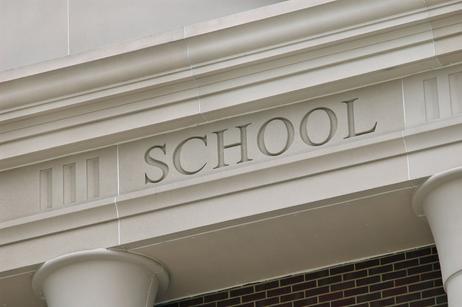As a parent and a teacher, I have been on both sides of the parent-teacher conference. Sometimes I have wondered whether we were discussing the same child. Most of the time, parents have listened intently as I pointed out their child's strengths and weaknesses. Occasionally I have had to deal with defensive parents and parents with unreasonable expectations.
Read the excellent article entitled Tips for Parents on Parent-Teacher Conferences on the National Education Association site. Against this backdrop, here are a few suggestions to help you have a successful parent-teacher conference.
This video offers an example of a parent-teacher conference.
Show up.
You have to show up to have a successful meeting with your child's teacher. That sounds so obvious, doesn't it? I can clearly remember times when the parents with whom I wanted to meet were no shows. Perhaps there was a good reason why they missed their parent-teacher conference. However, in most of those cases, I don't recall receiving a phone call or a note explaining what happened. As soon as you receive your parent-teacher conference appointment, save it in your smartphone's calendar and Google calendar. If you cannot attend for some valid reason, text, or email your child's teacher as soon as possible. Ask to re-schedule the conference.
Arriving for the conference.
Arrive at the school at least 10 minutes early for your conference. If the conference before yours was


























